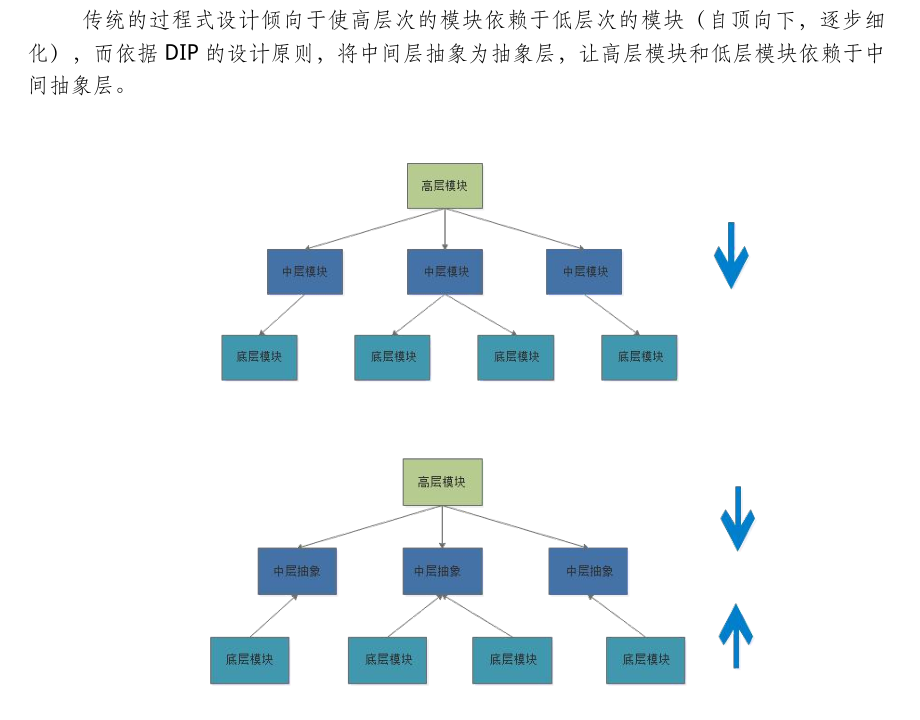#include<iostream>
using namespace std; class Book { public: void getContent() { cout << "从前有座山,山上有座庙,庙里有个小和尚,小和尚在听老和尚讲故事,从前有座山..." << endl; } }; class Mother { public: void Tell_Story(Book &s) { s.getContent(); } }; int main() { Mother a; Book s; a.Tell_Story(s); while (1); return 0; }
上面的例子是一位妈妈再给孩子讲故事,但随着孩子年纪的增大,比如:
class NewsPaper { public: void getContent() { cout << "欢迎观看今日的新闻联播,据报道,今日某地区。。。" << endl; } };
如果想让这位妈妈讲讲报纸,这位妈妈却办不到,除非他在自己的代码里面再加入新的函数,或者把自己原来的函数改变。
那么有什么办法呢?
#include<iostream> using namespace std; class IRead { public: virtual void getContent() = 0; }; class Book:public IRead { public: void getContent() { cout << "从前有座山,山上有座庙,庙里有个小和尚,小和尚在听老和尚讲故事,从前有座山..." << endl; } }; class NewsPaper:public IRead { public: void getContent() { cout << "欢迎观看今日的新闻联播,据报道,今日某地区。。。" << endl; } }; class Mother { public: void Tell_Story(IRead &s) { s.getContent(); } }; int main() { Mother a; Book s; NewsPaper p; a.Tell_Story(s); a.Tell_Story(p); while (1); return 0; }


